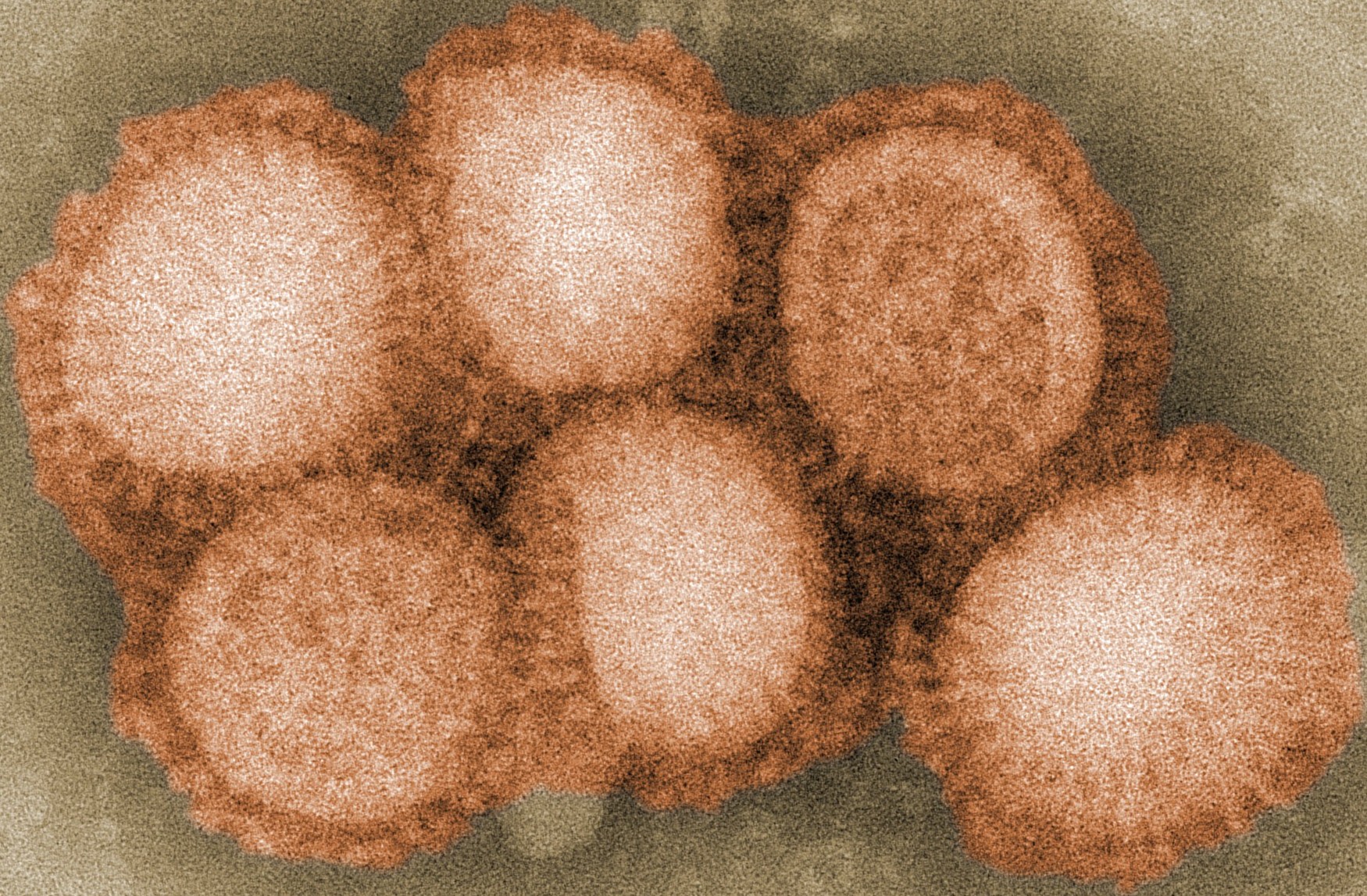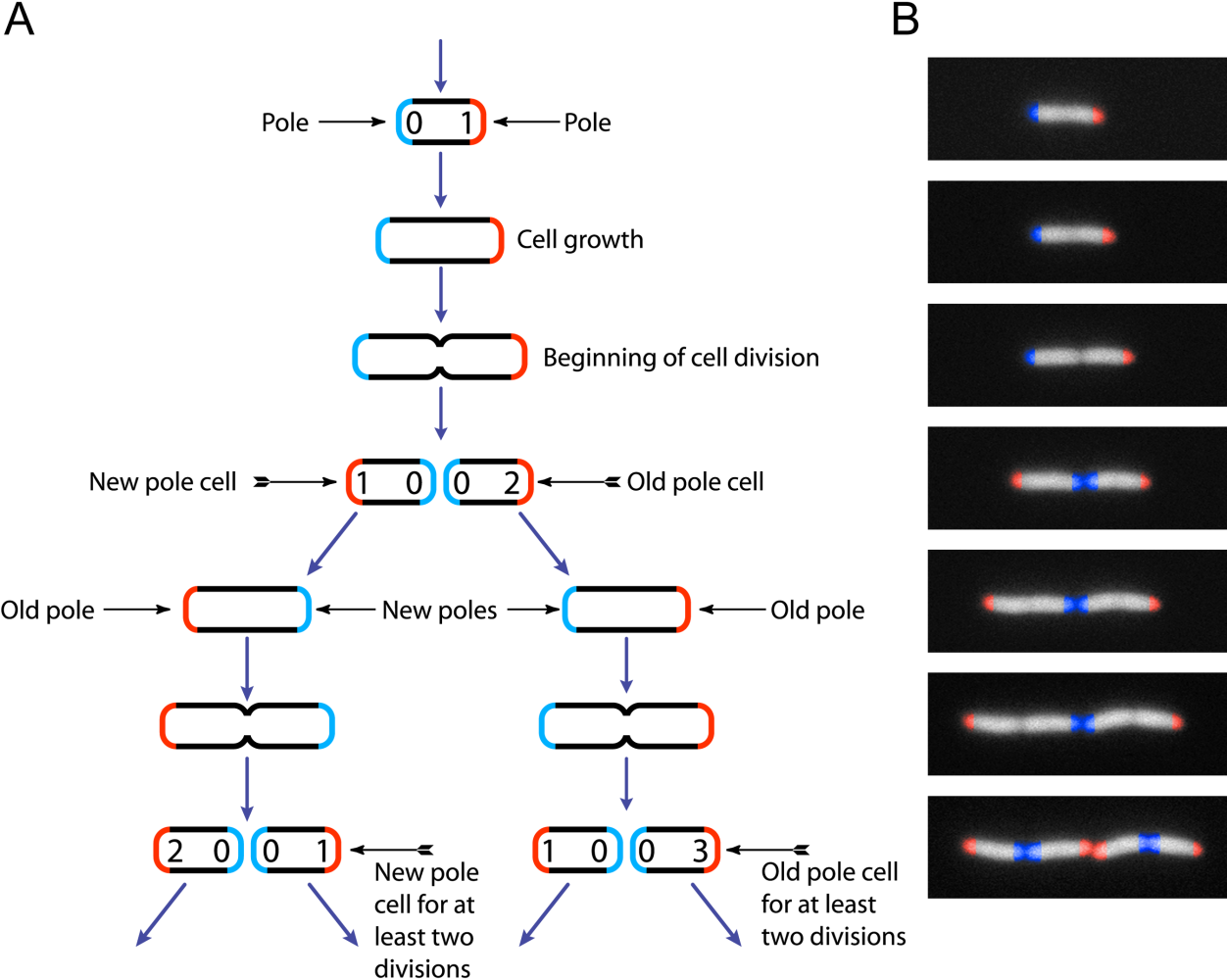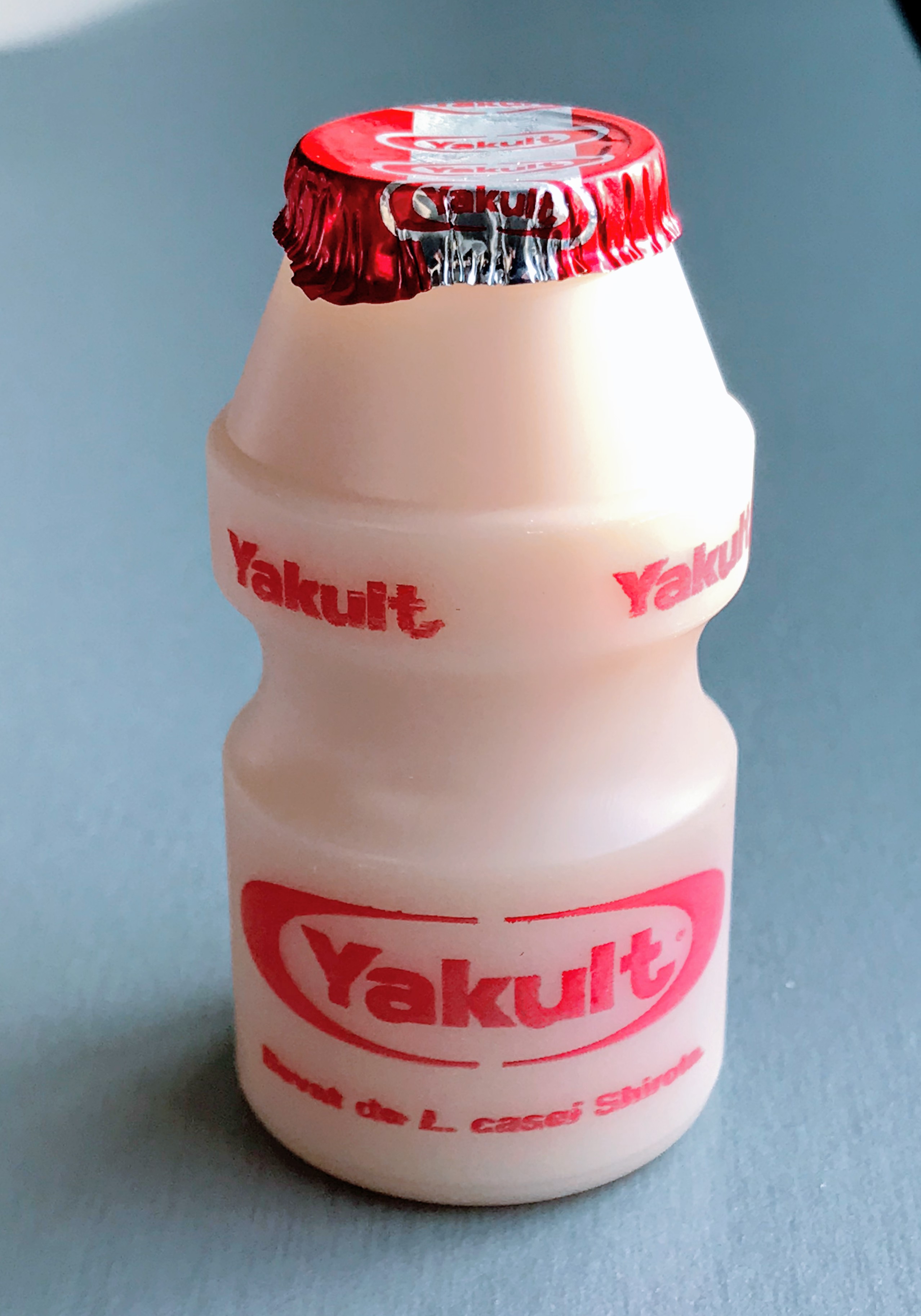|
Escherichia Coli Nissle 1917
''Escherichia coli'' Nissle 1917 is a strain of ''Escherichia coli'' that was isolated from the feces of a German soldier in 1917 by the German researcher Alfred Nissle. Since that time it has been widely studied as a probiotic Probiotics are live microorganisms promoted with claims that they provide health benefits when consumed, generally by improving or restoring the gut microbiota. Probiotics are considered generally safe to consume, but may cause bacteria- host ... and several marketed probiotics include it. References {{Reflist Probiotics Escherichia ... [...More Info...] [...Related Items...] OR: [Wikipedia] [Google] [Baidu] |
Strain (biology)
In biology, a strain is a genetic variant, a subtype or a culture within a biological species. Strains are often seen as inherently artificial concepts, characterized by a specific intent for genetic isolation. This is most easily observed in microbiology where strains are derived from a single cell colony and are typically quarantined by the physical constraints of a Petri dish. Strains are also commonly referred to within virology, botany, and with rodents used in experimental studies. Microbiology and virology It has been said that "there is no universally accepted definition for the terms 'strain', ' variant', and 'isolate' in the virology community, and most virologists simply copy the usage of terms from others". A strain is a genetic variant or subtype of a microorganism (e.g., a virus, bacterium or fungus). For example, a "flu strain" is a certain biological form of the influenza or "flu" virus. These flu strains are characterized by their differing isoforms of sur ... [...More Info...] [...Related Items...] OR: [Wikipedia] [Google] [Baidu] |
Escherichia Coli
''Escherichia coli'' (),Wells, J. C. (2000) Longman Pronunciation Dictionary. Harlow ngland Pearson Education Ltd. also known as ''E. coli'' (), is a Gram-negative, facultative anaerobic, rod-shaped, coliform bacterium of the genus '' Escherichia'' that is commonly found in the lower intestine of warm-blooded organisms. Most ''E. coli'' strains are harmless, but some serotypes ( EPEC, ETEC etc.) can cause serious food poisoning in their hosts, and are occasionally responsible for food contamination incidents that prompt product recalls. Most strains do not cause disease in humans and are part of the normal microbiota of the gut; such strains are harmless or even beneficial to humans (although these strains tend to be less studied than the pathogenic ones). For example, some strains of ''E. coli'' benefit their hosts by producing vitamin K2 or by preventing the colonization of the intestine by pathogenic bacteria. These mutually beneficial relationships between ''E ... [...More Info...] [...Related Items...] OR: [Wikipedia] [Google] [Baidu] |
Probiotic
Probiotics are live microorganisms promoted with claims that they provide health benefits when consumed, generally by improving or restoring the gut microbiota. Probiotics are considered generally safe to consume, but may cause bacteria- host interactions and unwanted side effects in rare cases. There is some evidence that probiotics are beneficial for some conditions, but there is little evidence for many of the health benefits claimed for them. The first discovered probiotic was a certain strain of bacillus in Bulgarian yoghurt, called ''Lactobacillus bulgaricus''. The discovery was made in 1905 by Bulgarian physician and microbiologist Stamen Grigorov. The modern-day theory is generally attributed to Russian Nobel laureate Élie Metchnikoff, who postulated around 1907 that yoghurt-consuming Bulgarian peasants lived longer. A growing probiotics market has led to the need for stricter requirements for scientific substantiation of putative benefits conferred by microorgan ... [...More Info...] [...Related Items...] OR: [Wikipedia] [Google] [Baidu] |
Probiotics
Probiotics are live microorganisms promoted with claims that they provide health benefits when consumed, generally by improving or restoring the gut microbiota. Probiotics are considered generally safe to consume, but may cause bacteria- host interactions and unwanted side effects in rare cases. There is some evidence that probiotics are beneficial for some conditions, but there is little evidence for many of the health benefits claimed for them. The first discovered probiotic was a certain strain of bacillus in Bulgarian yoghurt, called '' Lactobacillus bulgaricus''. The discovery was made in 1905 by Bulgarian physician and microbiologist Stamen Grigorov. The modern-day theory is generally attributed to Russian Nobel laureate Élie Metchnikoff, who postulated around 1907 that yoghurt-consuming Bulgarian peasants lived longer. A growing probiotics market has led to the need for stricter requirements for scientific substantiation of putative benefits conferred by microorganism ... [...More Info...] [...Related Items...] OR: [Wikipedia] [Google] [Baidu] |



